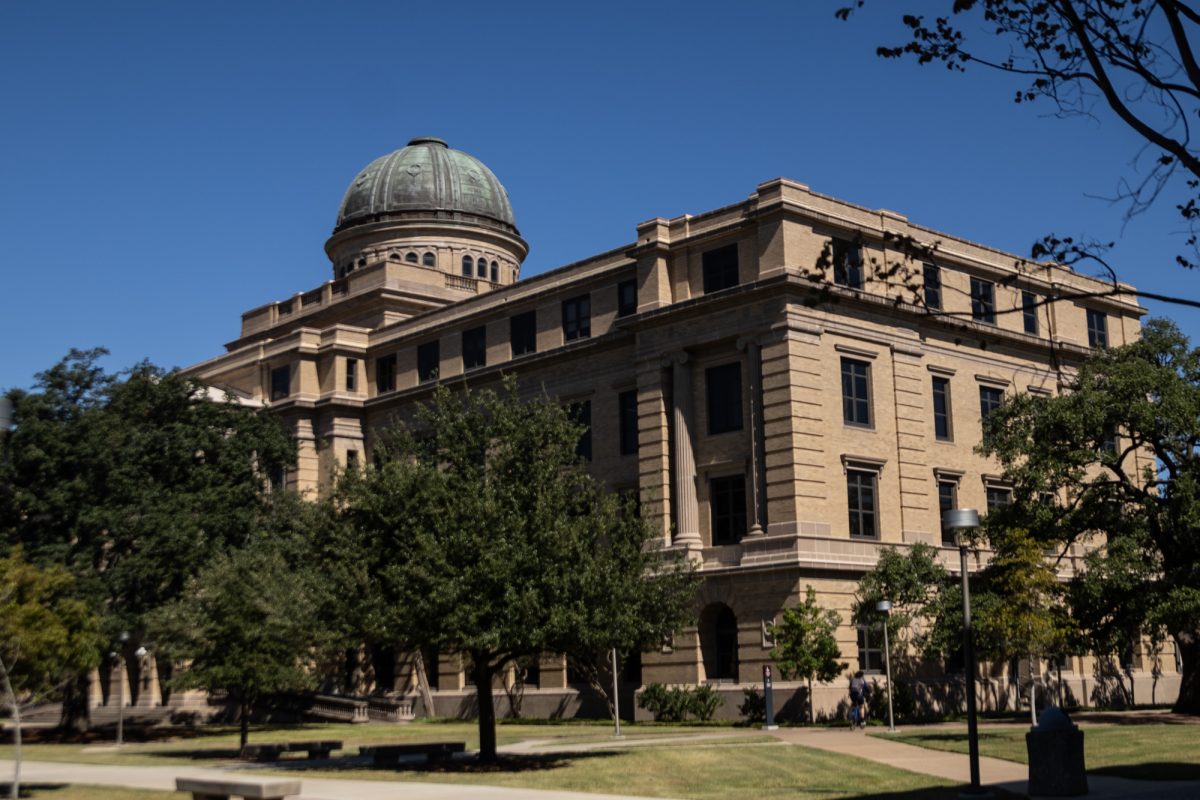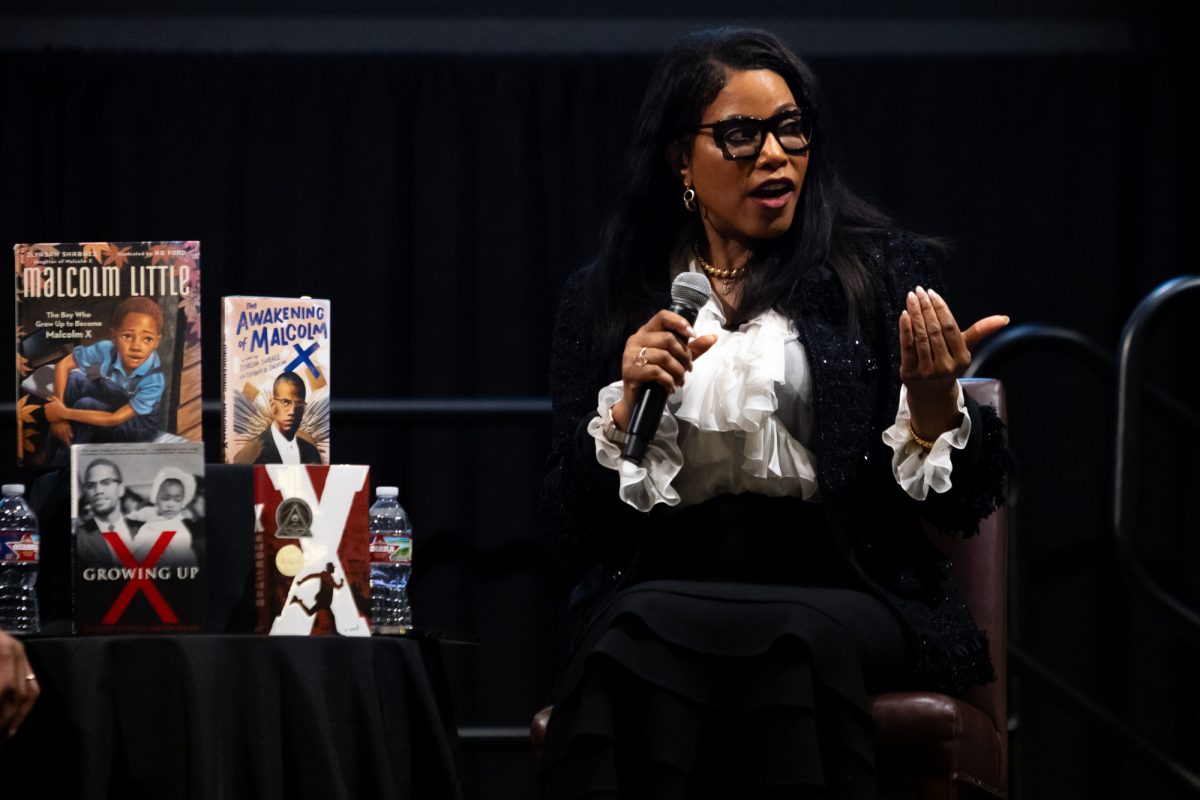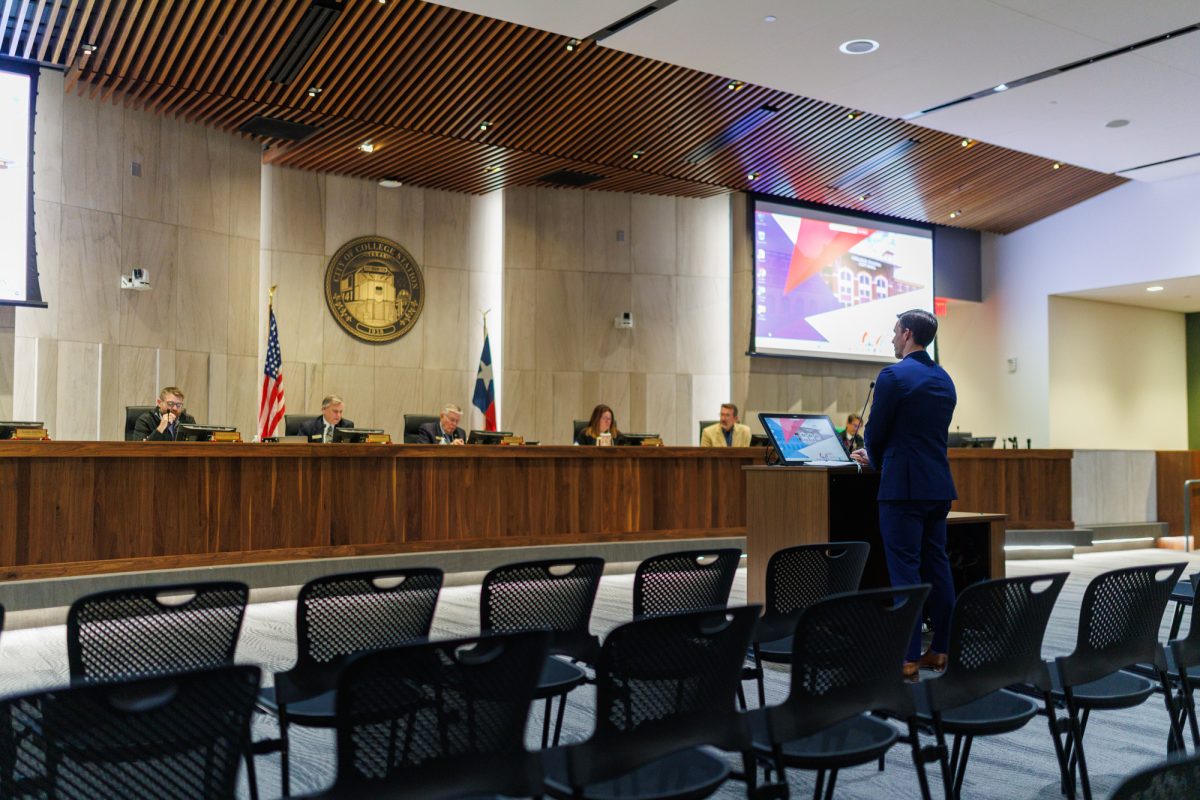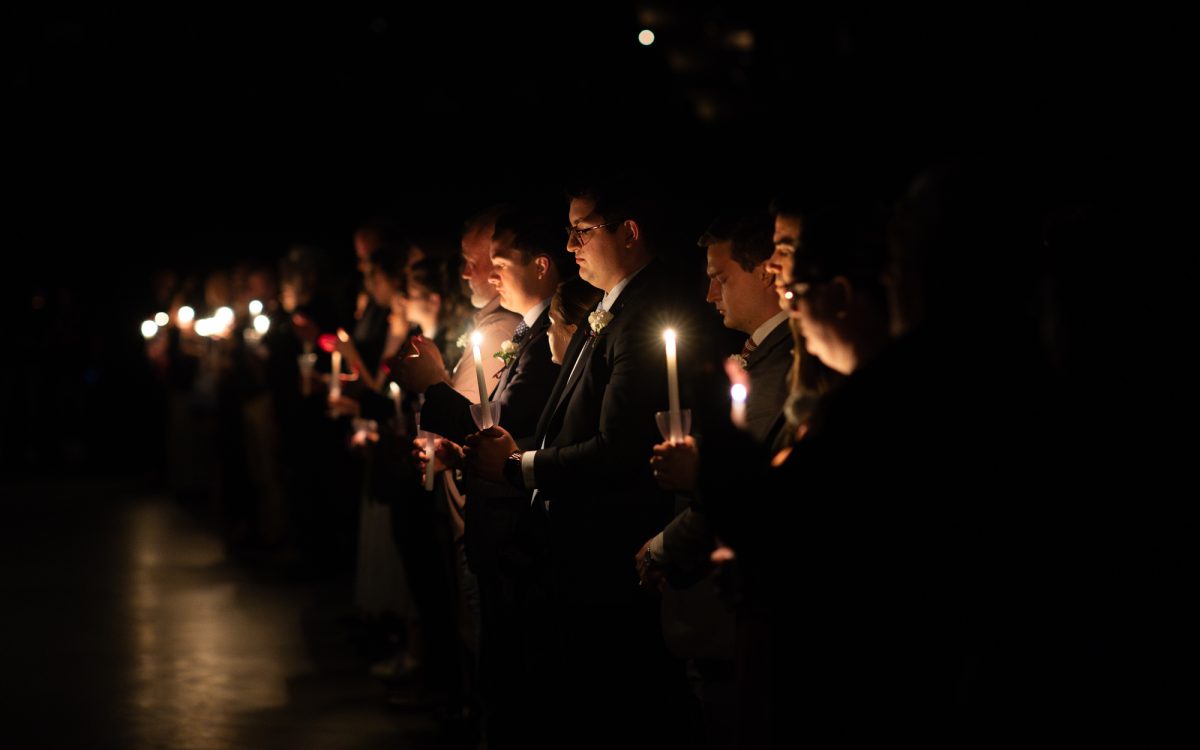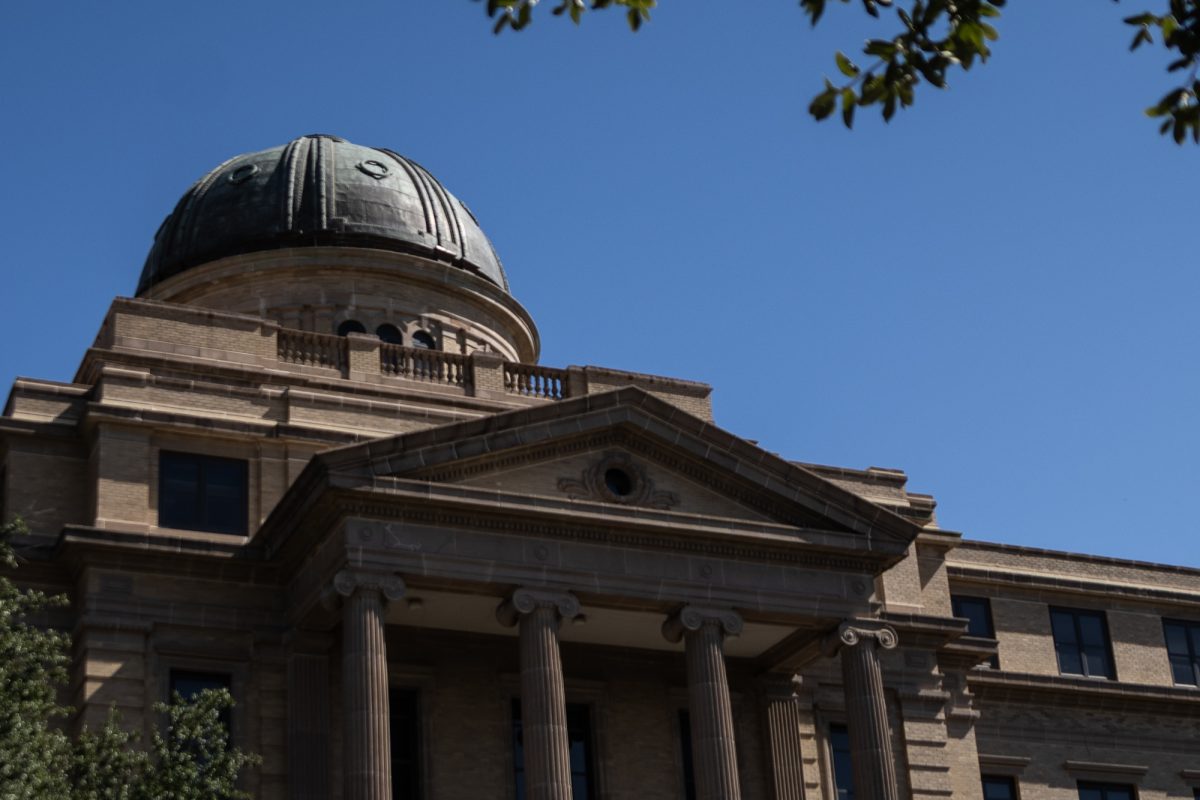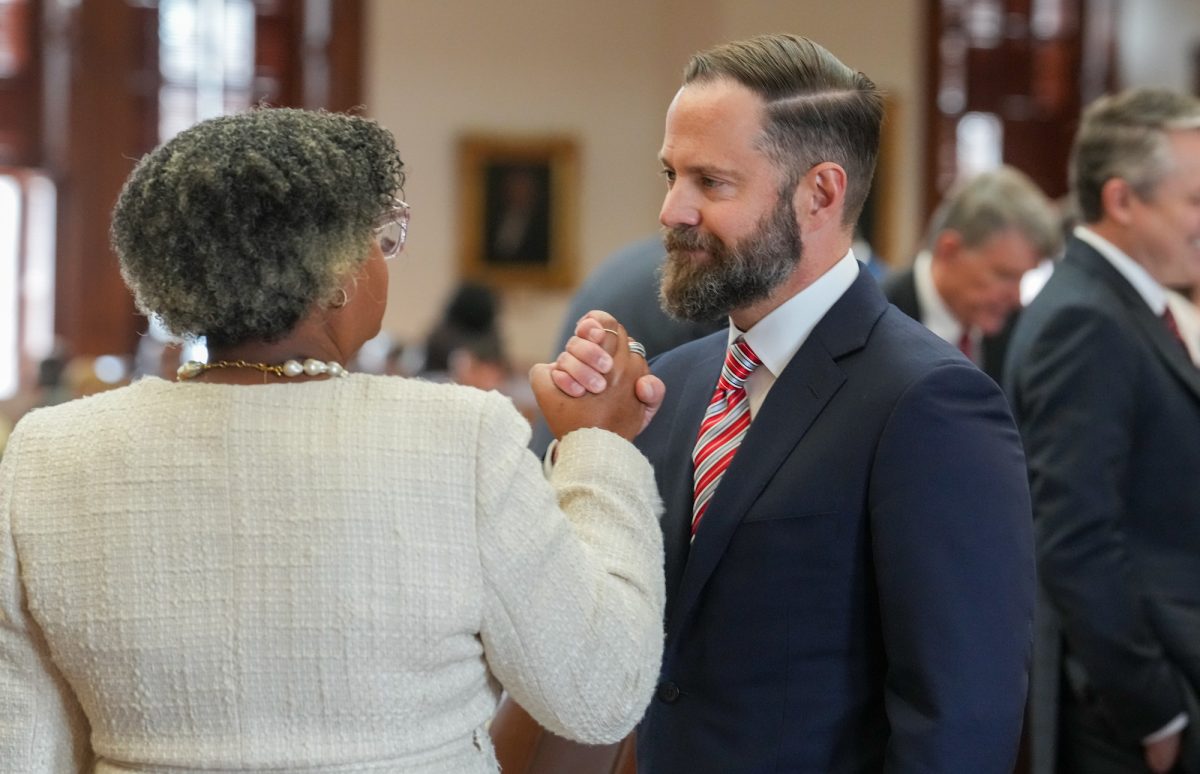Thirteen years after 9/11, ethics of security and safety continue to involve as the nation faces new challenges.
In a roundtable discussion put on by the Carrol O. Buttrill ’38 Endowed Fund For Ethics, panelists discussed how the nation’s view of disasters has changed since Sept. 11, 2001
Elizabeth Parker, chief veterinarian for the Institute for Infectious Animal Diseases, addressed security protocol and the thin line between protecting American citizens and overstepping privacy boundaries.
“Where’s the line, where’s the balance of protecting against people who want to harm us, but also sticking true to the foundation of our Constitution and why America was founded, and our culture and our philosophy of life?” Parker said.
Parker said overreaction is a concern, and that exaggerating an issue can do more harm than good.
Joseph Ura, associate professor in the department of political science, called this idea that people do not always approach decision making in a rational way prospect theory. Decisions are instead made on a basis of gains and losses.
“On average, people don’t approach decision making that way, we aren’t neutral towards risks,” Ura said.
Ura said Sept.11 set the mindset in the domain of losses, were people are more likely to be risk seeking.
“People are more risk seeking,” Ura said. “More risky policy proposals, more risky politicians. (Generally), more risky behavior than there would be if we were in the domain of gains.”
Andrew Natsios, director of the Scowcroft Institute of International Affairs at A&M, said there are three major challenges for the United States over the next decade — the return of great power rivalries, the risk that fragile nations like Afghanistan pose to the United States and a major pandemic that the world is not prepared for.
Natsios said the United States is currently seeing a mindset of overreaction to Ebola.
“The greatest risk from Ebola is panic,” Natsios said. “Which we’ve already had in the United States because people are afraid. People’s behavior does in fact change when these kinds of threats take place.”
Parker said one positive out of the horrible events of 9/11 was how individual conversations on state and local levels about protection came together and now everyone was discussing these same issues.
Texas A&M itself has facilities in place to prepare groups in the event of disasters, such as the Texas A&M Engineering Extension Service. Hank Lawson, director of the National Emergency Response & Rescue Training Center in TEEX, said the organization is part of the National Domestic Preparedness Consortium, which was formed after the 1988 Oklahoma City bombing.
“After the Oklahoma City bombing, it was determined that there was a need for some training mechanism to train first responders,” Lawson said. “We provide training to state and local first responders as well as elected officials on their roles and responsibilities in a weapons of mass destruction event, natural disasters, accidents, and so on.”
Panel discusses ethics after 9/11
November 13, 2014
0
Donate to The Battalion
$460
$2500
Contributed
Our Goal
Your donation will support the student journalists of Texas A&M University - College Station. Your contribution will allow us to purchase equipment and cover our annual website hosting costs, in addition to paying freelance staffers for their work, travel costs for coverage and more!
More to Discover




